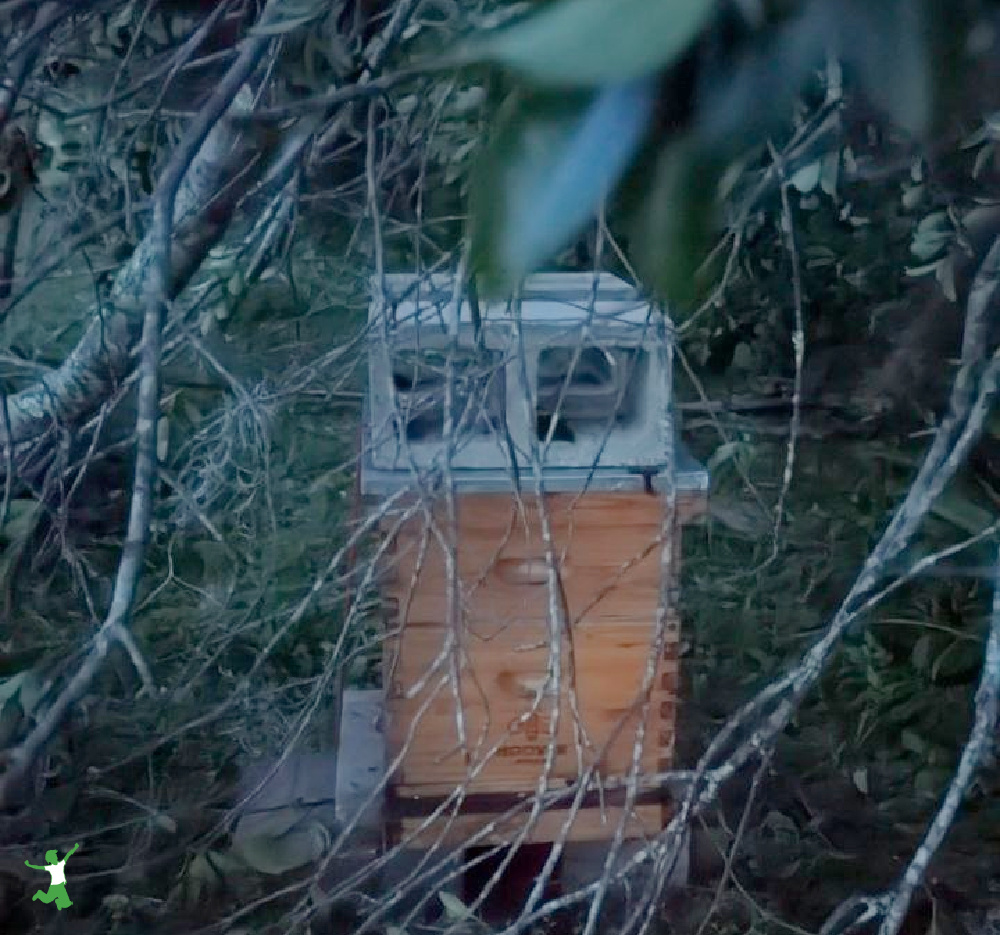
I am happy to report that my precious beehive survived not one, but TWO hurricanes in less than three weeks!
First came hurricane Helene, which brought tropical storm force winds and several inches of rain to my area as it passed by Tampa Bay in the Gulf of Mexico en route to landfall near Cedar Key FL.
Next came hurricane Milton which struck Tampa Bay directly. Our community (about 50 miles away from where the eye came ashore) got 90 mph winds with gusts at around 110 mph. We also received about 10 inches of rain, which caused quite a bit of localized flooding.
Needless to say, I had to dial up my beehive storm preparations to have any hope whatsoever of my colony surviving the ordeal.
Not only did I secure it with bungy cords and a sturdy windbreak board (to prevent damaging wind tunnels inside the hive), I added two additional concrete blocks on the top to weigh it down further.
Despite my preparations, gusts of 110 mph could have easily toppled the hive and destroyed it.
In a stroke of good fortune, Mother Nature intervened.
During the peak of the storm, a tree fell on top of the hive, but amazingly, did not knock it over. 🤯
Instead, the branches created a cage around the hive that seemed to protect it. Above is a picture of how I found the hive 100% intact the next morning after the storm abated and it was safe to go outside.
I was so thrilled at how well the colony adapted to the adverse conditions and even seemed to thrive in spite of them.
Below is a short video of how the hive looked after hurricane Helene. Little did I know at the time that an even worse storm (Milton) was little more than a week away!
I conducted a thorough check of the hive again yesterday (one week after hurricane Milton), and I’m happy to report that there is even MORE honey in the honey box, aka “super”.
Our family will be enjoying this honey surplus in the coming weeks with, of course, plenty more left in the hive for the colony to consume throughout the winter.

